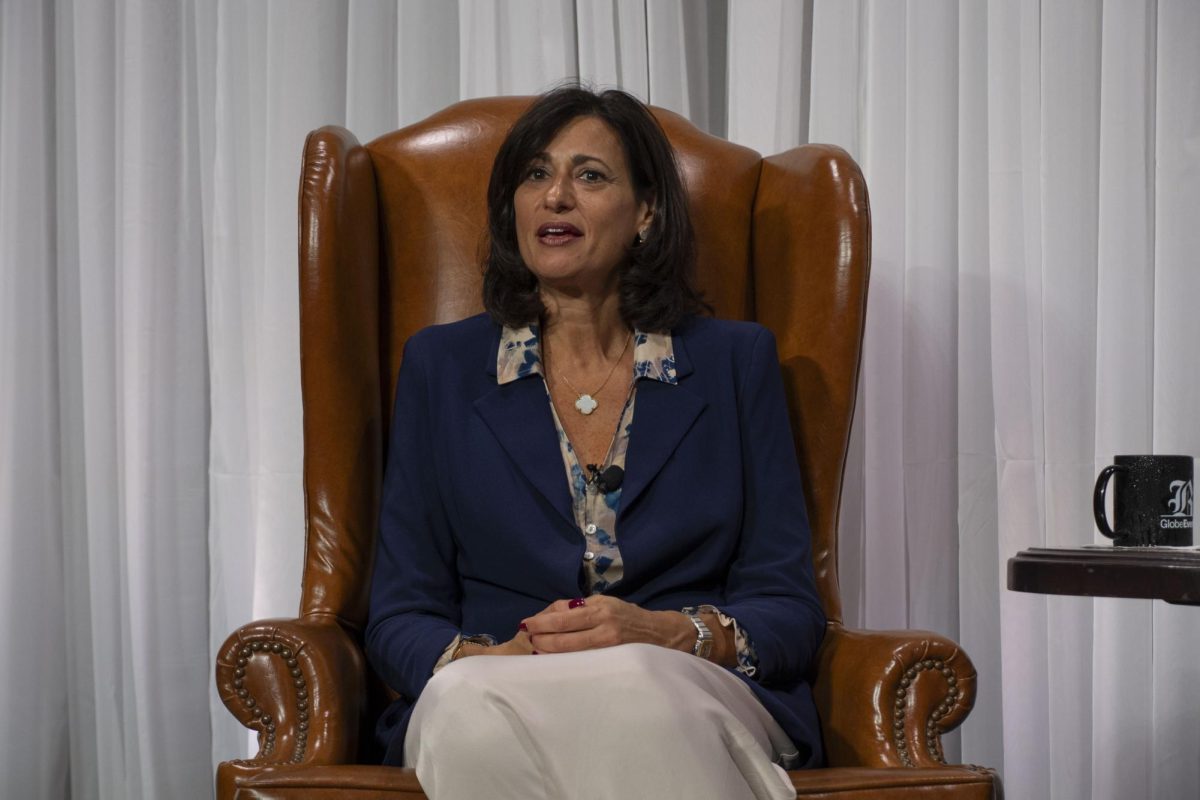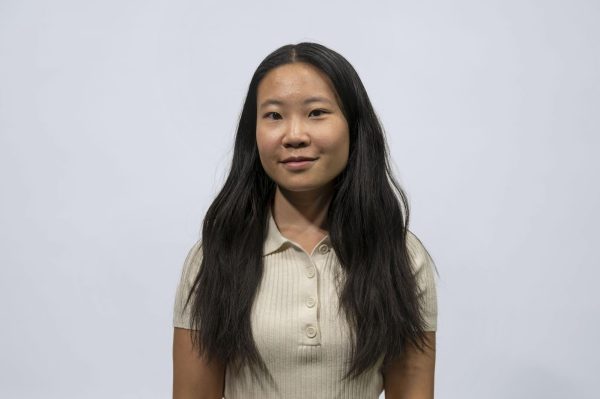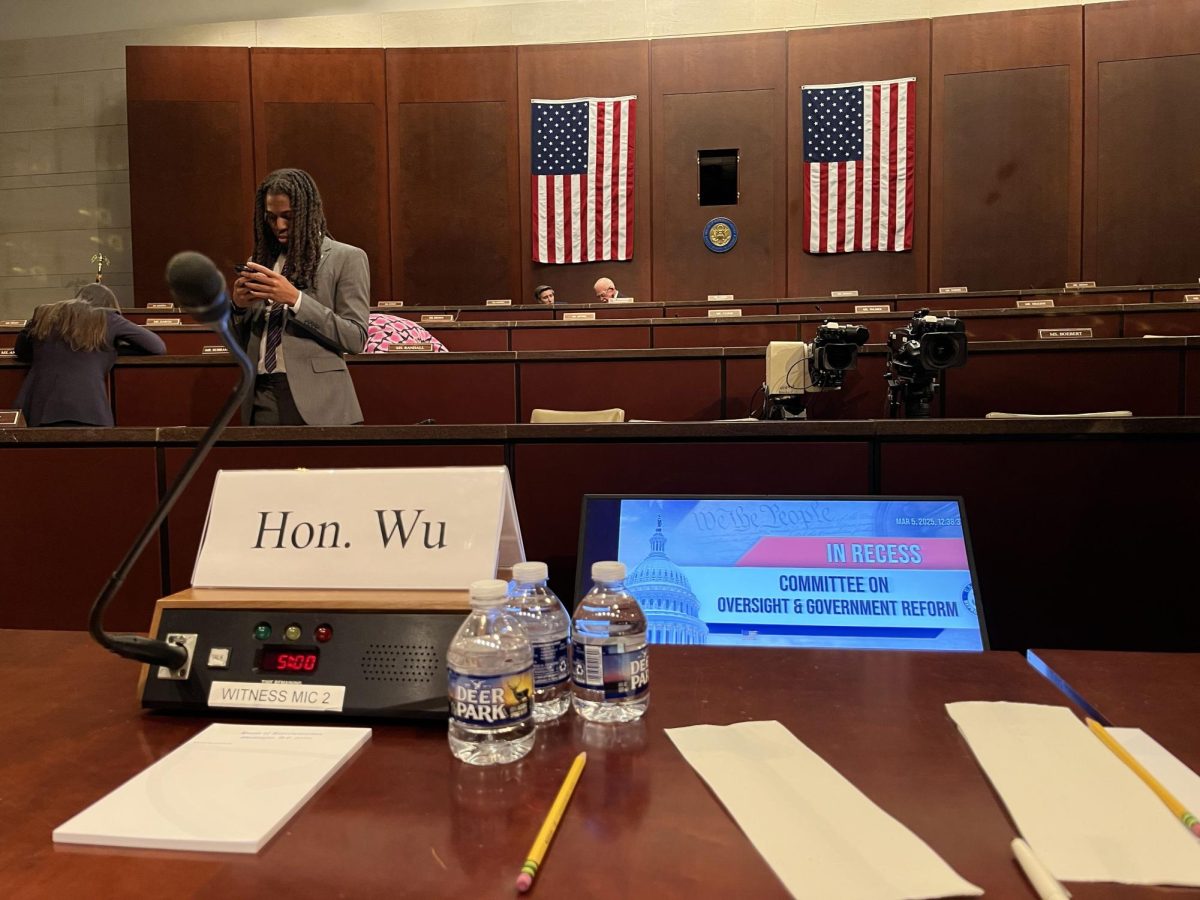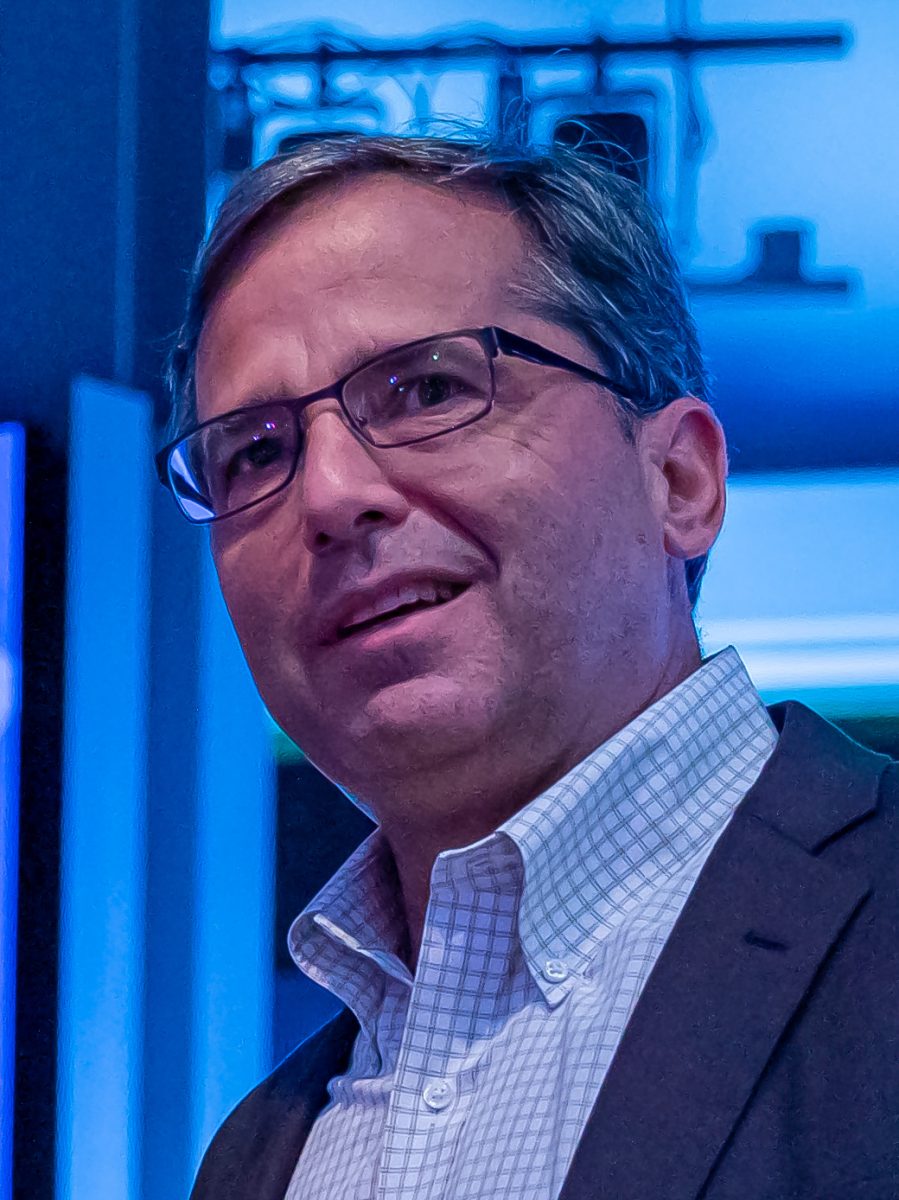Former Director of the Center for Disease Control Dr. Rochelle Walensky and Anna Kuchment, health and medical editor at The Boston Globe, kicked off the 2024 Boston Globe Summit Sept. 25 at the Harvard Club of Boston with a discussion about the state of public health in the U.S. Walensky described the shortfalls she experienced during the pandemic, stigma surrounding vaccines,the overall state of the Center for Disease Control, or CDC, and the country’s preparedness for a future pandemic.
Walensky rose to prominence in her career in 2021 when President Joe Biden appointed her to be director of the CDC during the coronavirus pandemic; she stepped into her role just weeks after vaccines became available to the public.
In an interview with The News, Walensky said others referred to her mid-pandemic appointment as a “Superman moment.” Even in her Superman moment, Walensky still saw herself as a public health worker, she said, and with a new perspective as CDC director, she now knows more than ever that the nationwide public health worker shortage is a dire situation.
“We are about 80,000 public health workers in the U.S. short across the country,” Walensky said.
The News asked Walensky if she had anything she wanted to share with aspiring public health professionals and students who are scared about the prevalence of burnout in their careers, which has been brought to light in recent years.
“[A career in public health] will never close doors,” Walensky said. “There is so much you can do with the training: you can be in public health, and then you can go teach, and then you can go work in an NGO, and then go work in Africa.”
Walensky also shared insights into what the CDC has learned from its experience coordinating the United States’ response to the pandemic. The growth of vaccine development in recent years, combined with viral and vaccination data from the pandemic, has resulted in greater advancements in overall vaccine production, she said.
“We’re trying to develop a vaccine in ways that were not possible 50, 60 years ago,” Walensky said. “We have learned that our data systems are stronger than they were. We still have more work to do.”
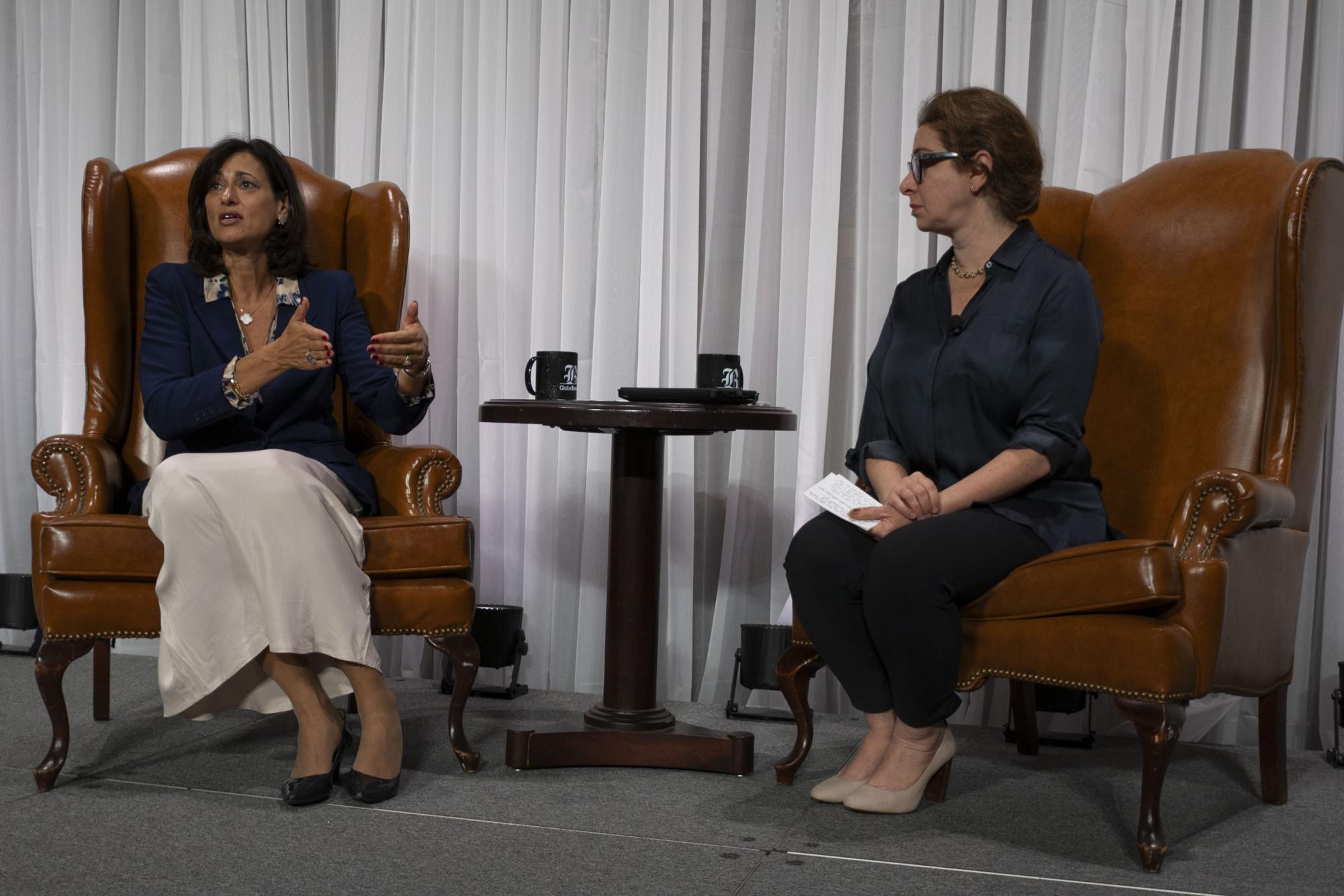
One thing Walensky focused on during her term as CDC director was mitigating the pandemic’s impact on socially vulnerable populations: communities that were affected by poverty, lack of transportation access and inadequate housing.
“We had a social vulnerability index that we used to decide where we were placing our next vaccination sites,” she said. “They only went to places that had a high social vulnerability. We did that by intention.”
Walensky said that expanding access to socially vulnerable populations includes getting vaccines to them in a timely manner and encouraging communities to take steps to better their health now. This includes educating vulnerable communities on the health benefits of vaccination and expanding the number of vaccination sites in neighborhoods that have historically been deprived of healthcare facilities.
Inequities in healthcare have resulted in underserved communities not receiving COVID-19 treatments at the same rates as other communities. Walensky highlighted that the CDC created partnerships with businesses and non-governmental organizations to expand vaccination deliveries and administration sites under her tenure as director.
Looking forward, Walensky told The News she hopes top companies will continue acting as “ambassadors for public health” to expand access to healthcare for their employees — whether by giving workers vacation time to get vaccinated or educating employees on the negative effects of smoking, thus helping to mitigate the ongoing global smoking epidemic.
“This is going to be long and hard and require commitment from all of us to enroll vulnerable patients, ensure their access to care, and continue commitments to working within their communities,” Walensky said. “Some of those [commitments] went away after COVID and those have to continue if we’re going to be able to address another future pandemic.”
In her current role as a senior fellow at the Harvard Kennedy School, Walensky hopes to personally continue these commitments by reducing inequities between genders in the healthcare industry. Her work now entails advocating for greater representation for women in clinical trials and training more women to be leaders in public health.
The Huntington News is dedicated to serving the Northeastern University community with original, professional reporting and creating an environment in which student journalists can learn from one another. Support an independent, free press at Northeastern University with your donation today.


